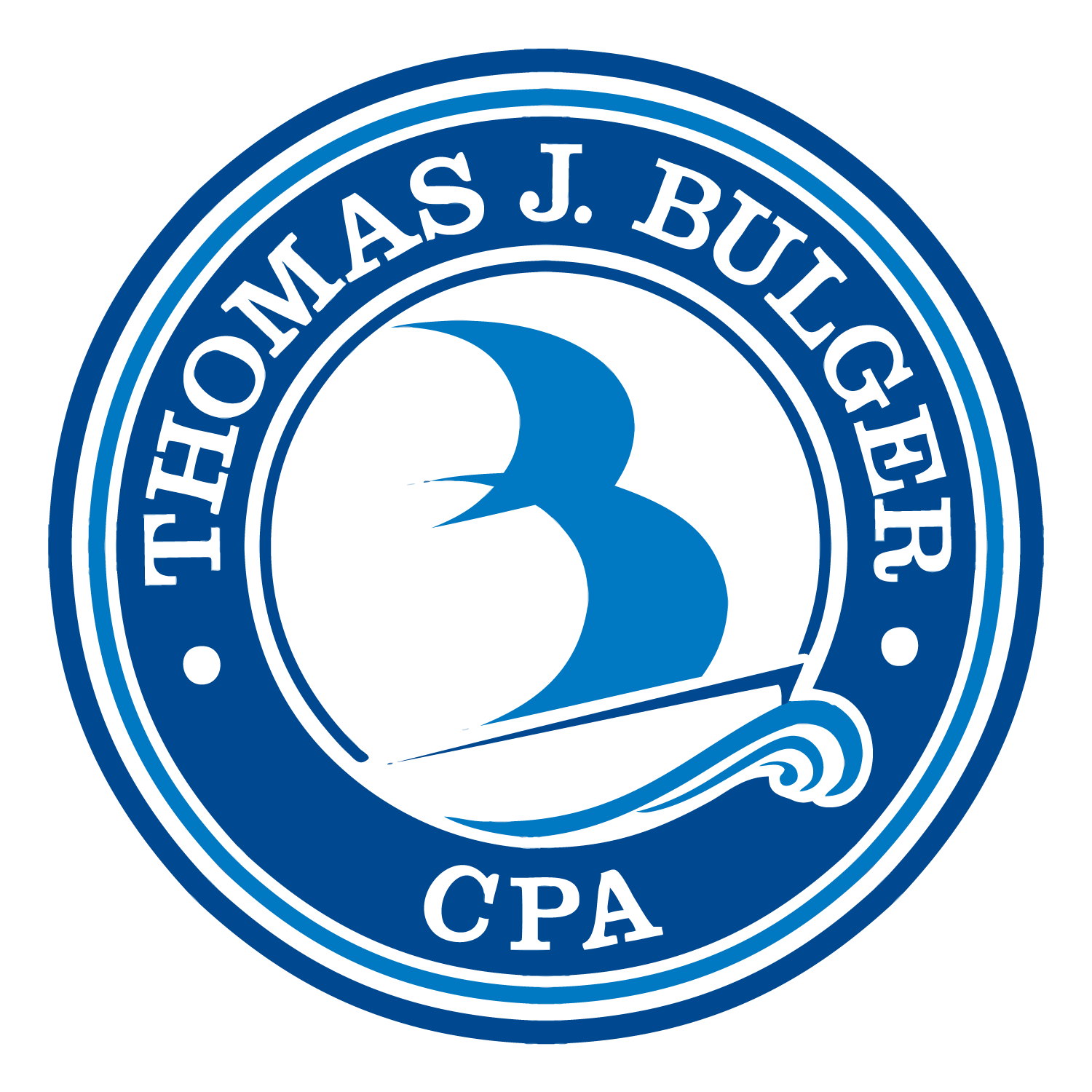It’s crazy to think of all the ways in which the security of your information can be compromised these days. According to the Department of Justice (2010), 7% of all households will experience fraud with one of the members who is 12 or older.
Generally speaking, seniors are a trusting group of people who have paid off their large loans, and have built up assets and savings throughout the years. This is an attractive market for someone looking to run a scam. Some of the types of fraud that are common among Seniors:
- Telemarketing Fraud
- Internet Fraud
- Investment Schemes
- Reverse Mortgage Scams
- Funeral/Cemetery Fraud
- Counterfeit Prescription Drugs
- Health Care/Insurance Fraud
Previously, we’ve touched on how you can avoid tax fraud by getting a CPA but following are some things to consider when thinking of people who may be at risk for other kinds of fraud...you’ll soon see that this is a growing concern!
A Senior’s Risk - Medical Identity Theft/Health Care Fraud
Health care identity fraud is one of the more common and relevant issues with seniors. In 2012, consumers age 60+ filed 52,610 complaints of identity theft with the Federal Trade Commission. These complaints account for about 19% of total identity theft complaints. Frequently, seniors will carry important medical documents and information with them (Medicare or Social Security Cards), which is problematic since vital information is much more accessible with these pieces of vital data… and unfortunately that includes people with the wrong intentions.
Much of health insurance fraud is committed by people within the healthcare system and it’s often much later that the victim will discover the full extent of the damage. There are a range of different scams. The FBI does a pretty good job of outlining the different ways people are being scammed and tips to avoid fraud.
Financial Exploitation
There are numerous ways in which scammers can ruin one of our loved ones right into the thick of a horrible financial fraud. Credit card fraud is very popular. Because seniors typically check their credit reports infrequently, carry lower credit usage, and generally have accumulated savings and/or assets, they are quite attractive targets! With all of these things going, why wouldn’t someone want to try to apply for a new credit card under Grandpa Earl’s name?
Getting a CPA
This is one of the most important ways to ensure that you take all the precautions to avoid fraud. A CPA is a great resource, and an expert in the ways that you could potentially vulnerable to scams that can: damage your credit, drain your savings, and affect your insurance rates. Rest assured, Tom Bulger is an expert and would like to talk to you about the ways you can avoid being the target of fraud.
Contact him today with the ways you think a loved one, or yourself may be particularly vulnerable to fraud or for a second opinion on something that feels questionable.

